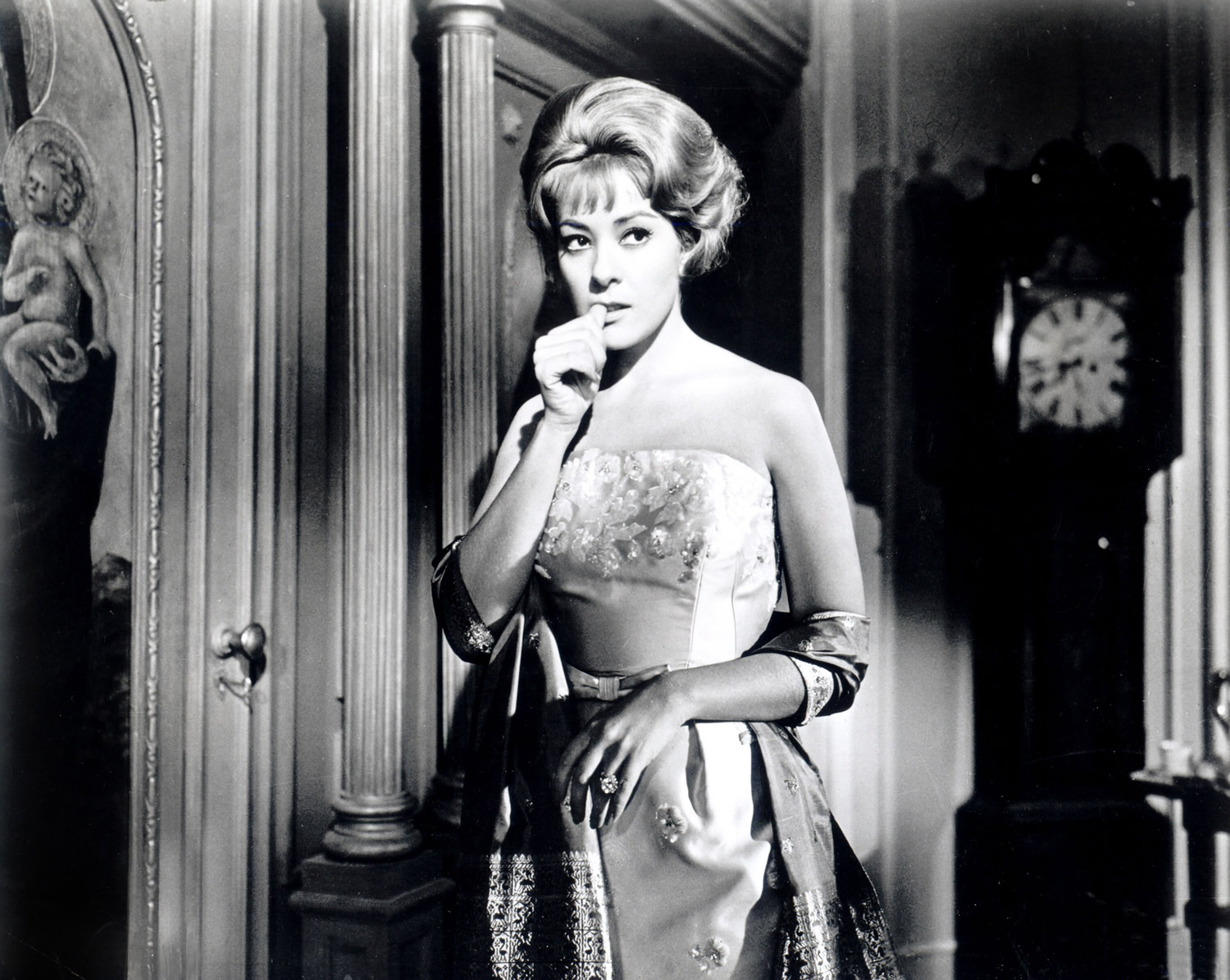Inner Paralysis
Just as Hitchcock learned how to distill suspense into its purist form, so Luis Buñuel learned how to distill surrealism into its purist form. His best films often have the slimmest of plots. On the surface, The Discreet Charm of the Bourgeoisie (1972) is about a group of people who try to eat a meal together but are always interrupted. At first glance, The Milky Way (1969) is the story of two pilgrims who encounter historical heresies along their journey.
The Exterminating Angel (1962) is another wonderfully complex Buñuel film that’s spun from a deceptively simple idea. A group of society friends gather at the home of an aristocrat. As the evening progresses, the servants feel compelled to leave, while the guests feel compelled to stay. If you’ve ever wondered what happens when house guests refuse to leave, this film will illustrate that nightmare. Why can’t they leave? Could they leave if they really wanted to? These are the kinds of questions that flow from this powerful plot device.
There has been a fair amount of speculation about the title of this film. Is Buñuel using a poetic phrase with no direct connection in order to provide an associative lift? Or is there a deeper, more subtle meaning (always a possibility with Buñuel)? Here’s what Raymond Durgnat had to say about the matter in his book Luis Bunuel:
The ‘angel’ is the spiritual climate of bourgeois conformism, drawn to its (desired) conclusion of inner paralysis. The prisoners are trapped in their social roles. Faced with the inexplicable, their rationality decomposes into fetishist fixations. The violence to which they resort is no liberation, has no quality of defiance, and in that respect is totally opposed to the convulsive sadism in L’Age d’Or.
This movie can be enjoyed on many levels. You can watch it as a kind of Twilight Zone episode that sets up a hypothetical premise and unfolds the consequences. You can approach it as social commentary and be amply rewarded with insight into how our lives are outwardly swayed by social, religious, and political influences. Or you can view the story through a psychological prism that reveals the inner turmoil and confusion that grows out of our innate desire to be accepted by others.
And if you think that’s multi-layered, wait until you experience the tone of the film, which cycles from drama to comedy to satire to the grotesque. Sometime all four qualities appear to be operating simultaneously. Sometime two qualities co-exist with one seeming to comment on the other. The complexity is there if you want to experience it, but can be ignored if you just want to settle into a good yarn. That’s what makes Buñuel such an intriguing filmmaker.
The Exterminating Angel
(1962; directed by Luis Buñuel)
The Criterion Collection (DVD)
Monday, June 25 at 2:00 a.m. eastern (late Sunday night) on Turner Classic Movies
Reviews